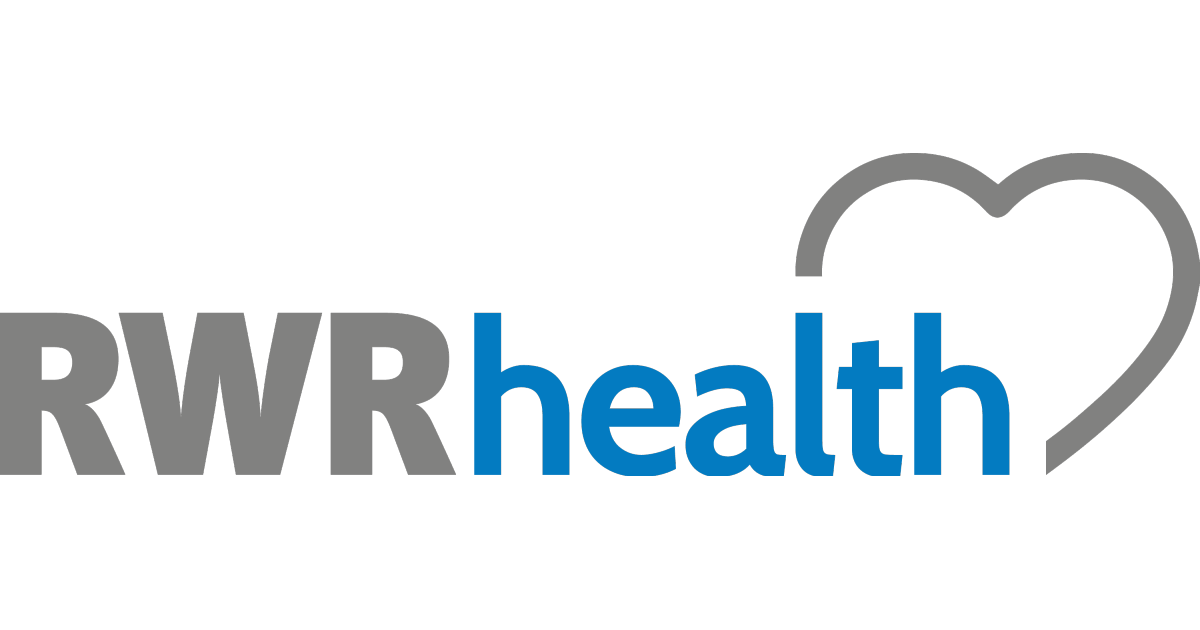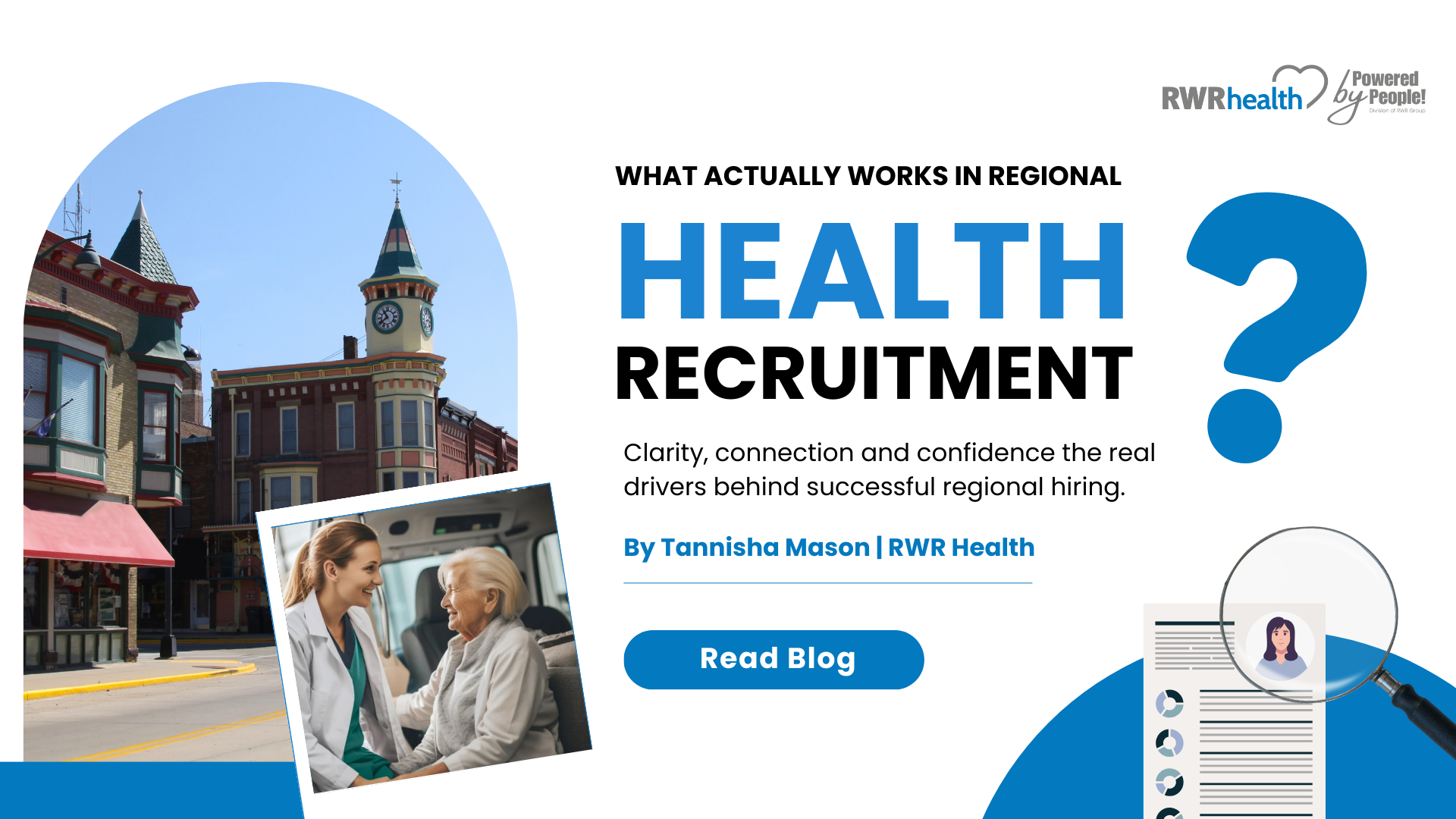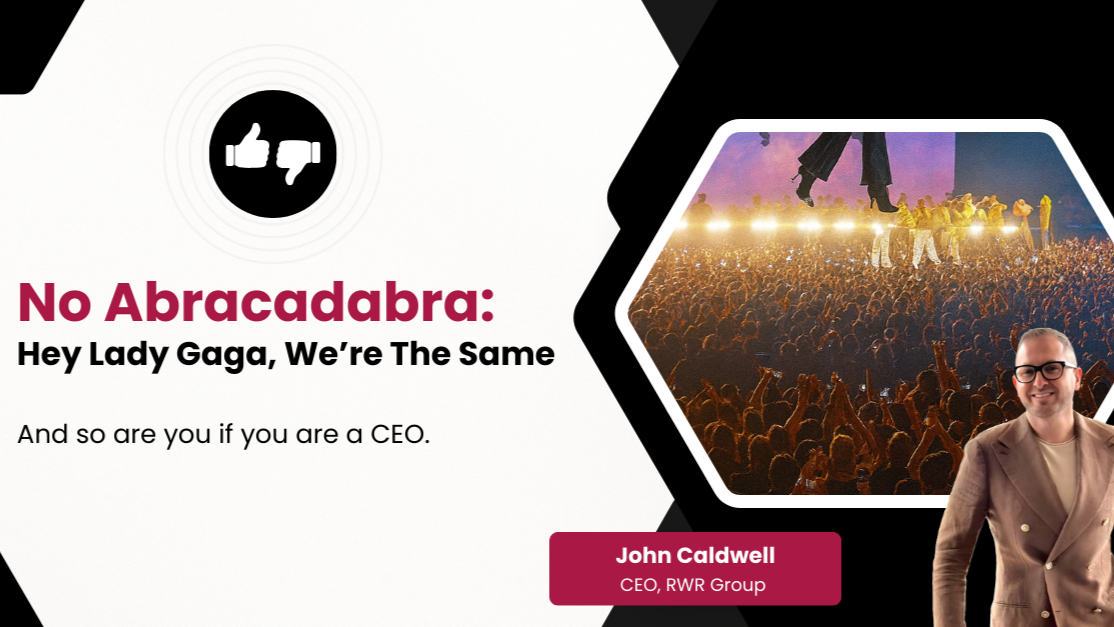By Shazamme System User
•
October 15, 2025
By John Caldwell One of my account managers recently had a client TA (Talent Acquisition) person tell them, in effect, “Get f*cked.” Not with those exact characters but with signs and implications enough to leave no doubt. The backdrop: the TA thought a candidate was a no-show for a virtual interview, only to discover later they’d sent the wrong link. That’s not just rude; it’s emblematic of a deeper rot in TA ↔ agency relations . Crass behaviour aside, this highlights a much deeper issue within TA–agency relationships across Australia. When internal recruitment teams treat recruitment agencies like subordinates instead of strategic partners, everyone loses (from candidate experience to business outcomes). Just when “partners” treat you like beggars, trust me, your people notice. And good recruiters don’t stay where they’re disrespected. At RWR Group ( Retailworld , Hospoworld , RWR Health and RWR Construction ), we’ve seen this dynamic play out too often. Here’s what’s going on behind the scenes and why CEOs, HR leaders and TA heads should care. The Cracks in the Relationship: Why It’s Getting Hostile 1. Internal TA teams feel threatened In Australia’s tight labour market, internal recruitment teams are under immense pressure to deliver. Many fear recruitment firms will outshine them, or make their roles redundant. The survival anxiety is real: In a challenging talent market, many organisations have to lean on agencies (more reach, deeper candidate networks, speed, flexibility). But TA folks, especially from the “old guard,” see agencies as encroaching on their turf. They fear being sidelined, made redundant or their value questioned. That insecurity often expresses itself as hostility, defensiveness or gatekeeping. Partnership beats protectionism. Agencies are not a threat; they’re an asset. 2. Agencies simply have advantages in this new world Recruitment agencies like RWR Health invest heavily in tools, databases, AI sourcing and deep candidate networks. Passive candidates, those not actively applying but open to opportunities, are our specialty. We live and breathe recruiting. We invest in databases, tools, AI-enabled sourcing and constant research. Clients often can’t (or won’t) match that. Passive candidates? That’s our bread and butter. TAs under pressure often can’t reach them alone. When speed, scale or niche skills are required, agency recruiters provide the agility internal TA teams can’t always deliver. Yet, some TAs still act as if engaging an agency is an inconvenience, not an advantage. For businesses that want to compete, TA–agency partnerships aren’t optional; they’re essential. (Explore our specialist recruitment agencies network to see how collaboration drives performance.) 3. The Real Problem: Lack of Trust, Respect and Partnership Many TA professionals cling to the outdated belief that agencies should “be grateful” for any work they get. This mindset kills trust. Some internal TA folks cling to old models: “We’re doing you a favour by even engaging an agency.” That embedded mindset poisons relationships. Poor communication, lack of briefing, sudden changes and disrespectful tokenism are daily complaints from recruiters to me. The result: churn. Good recruiters leave. Burnout increases. Morale sinks. Respect isn’t a courtesy in recruitment; it’s infrastructure. Without it, the hiring engine breaks down. 4. It’s not just about money; it’s about respect At RWR Health , we offer our recruiters industry-leading compensation, hybrid work, extended leave and performance incentives. We throw everything at our teams: Above-market base pay Untapped commissions Six weeks’ annual leave (for high achievers) Hybrid working Luxury offices Global trips (private jets, yachts, etc.) But those benefits can’t replace professional dignity. When a TA partner disrespects a recruiter, even indirectly, it affects retention, engagement and productivity. When your own crew hears a TA told one of them to “get f*cked” (in signs), that creates a ripple effect. Recruiter turnover and burnout don’t happen in isolation. They often start with disrespectful client interactions. The Fallout Is Real Attrition and talent drain — top performers won’t stay where they feel disrespected. Broken client relationships — we escalate when needed (e.g. that TA was fired after we escalated to the CEO). We refuse to tolerate abusive behaviour. Talent acquisition disruption — HR/CEOs may think they’re disciplining “rogue recruiters,” but what they do is scare the partners who deliver results. Brand damage — word gets around. Candidates, future clients and agencies talk. “Don’t deal with them. They treat their recruiters like trash.” Operational inefficiency — TA teams are burning energy on adversarial stances instead of strategy. What the Data (and Thought Leaders) Say Recruitment experts across Australia, such as those at ATC Events, agree that the future of recruitment is collaboration . The divide between internal TA and agencies is narrowing in some markets, but the tension remains. Hire Note The future of recruitment is collaboration; agencies and internal TA should be partners, not adversaries. ATC Event+1 Agencies are better equipped to reach passive talent, scale and pivot quickly, especially in specialist roles. talent-aligned.com.au+1 When the TA-agency relationship is left “arms-length” or hostile, you lose maximum value. ATC Event I didn’t find a study that says “X% of TAs tell recruiters to get f*cked” (obviously). But the patterns of disrespect, boundary friction and resource imbalance are broadly documented in industry commentary and painful to those living it. When the relationship turns toxic, organisations lose access to the very networks that power modern talent acquisition. Here’s How To Fix It (Yes, You Can) For agency recruiters (you guys reading): At RWR Health , we offer our recruiters industry-leading compensation, hybrid work, extended leave and performance incentives. We throw everything at our teams: Set boundaries & escalation protocols — don’t tolerate abuse. Escalate to client leadership when needed. Document everything — miscommunications, broken promises and disrespectful communications have a paper trail. Prioritise client education — share your value, deliver data, showcase wins and make them see you as strategic, not just executional. Culture of respect within your firm — protect your people, publicly support them and zero tolerance for disrespect. Be selective — walk away from clients who refuse to partner civilly. We have enough business not to settle. (Explore our recruitment philosophy for how we maintain high-value, respectful relationships with clients.) For TA leaders and internal recruiters: Recognise your value, not your ego — your role is critical, but agencies are not competitors; they augment capacity. Open communication from the start — brief your agency partners fully. Give them context, history and do’s/don’ts. Respect ownership & accountability — if a mistake happens (e.g. wrong link), own it. Don’t weaponize it against your partner. Share in wins — publicly acknowledge agency contributions. Builds trust and respect. Train your team — internal TA folks need coaching on collaboration, not gatekeeping culture. For CEOs and HR/Chiefs: Set the expectation — your TA must treat partners with respect. Behavior like “get f*cked” (signs or direct) is unacceptable. Monitor TA metrics & feedback — survey your agency partners. See if they feel respected and useful. Don’t let ego kill performance — TA teams may resist collaboration, but that’s short-term teeth-gnashing. Over time, you lose talent. Hold TA accountable — show them that partnership is a KPI, not just filling internal quotas. The Hidden Sales Pitch (Yes, It’s There) In Australia’s competitive talent market, recruitment partnerships are the hidden differentiator. Organisations known for respect and transparency attract stronger recruitment agencies , better candidates and higher-performing teams. We want recruiters who believe in this fight. Whoever joins our team, they don’t just get generous comp packages, travel and perks. They join a culture where we won’t tolerate bullshit from clients. We defend our people. We treat them like professionals. That’s part of our offer, unspoken yet powerful. The RWR Group Stand: Respect Is Non-Negotiable At RWR Group ( Retailworld , Hospoworld , RWR Health and RWR Construction ), we protect our people, and partner only with clients who share our standards. If you’re a recruiter looking for a culture that values respect and performance, explore career opportunities with RWR . And if you’re a TA leader or HR executive: reflect on how your team treats external partners. Your internal tone directly impacts your external brand and your ability to attract talent. To TA folks reading this: if you’re treating recruiters like adversaries, start asking why. Are you fighting insecurity? Ego? Fear of obsolescence? Collaboration always beats conflict, especially when the alternative is missing out on the best talent. Respect isn’t optional. It’s the foundation of effective talent acquisition , sustainable partnerships and thriving recruitment firms . To CEOs & HR leaders: you may trust your TA to defend your brand internally. But that same TA culture can be poisoning your brand externally. Check it.






